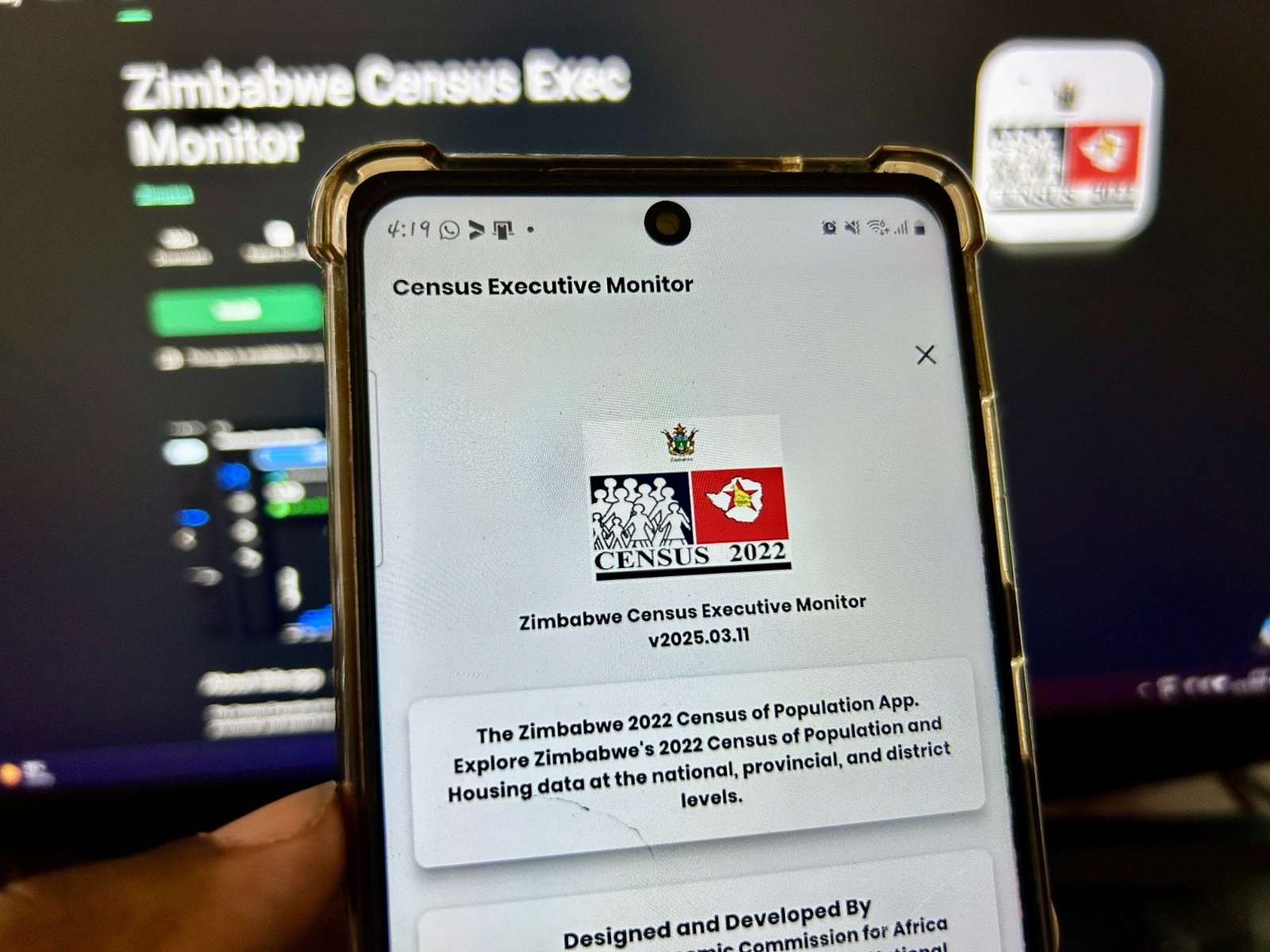What goes on in tech entrepreneurship circles isn’t as mainstream as other aspects of technology that the average Zimbabwean easily identifies with, like mobile telecoms and other tech consumer services.
So, it’s hardly surprising that some people don’t know what Muzinda Hub is or what it’s all about. This is despite some links to the most visible local tech company, Econet Wireless. This is likely to change now that Econet has started referencing the hub and the work that it’s doing.
Econet released a statement on the 1,000 jobs that it is creating for young Zimbabweans through the skills development going on at Muzinda Hub. The training is nothing new though, Muzinda Hub has been working on this since last year.
Similarly, this jobs creation rhetoric is the same line of conversation that Econet has been adopting about its strong contribution to the Zimbabwean economy and the thousands of employment opportunities it has created both directly and indirectly.
While the 1,000 jobs created deserves merit another interesting perspective is how Econet spelled out its direct involvement in the setup of Muzinda Hub, something that hasn’t been the case since it was launched.
in the past, Muzinda Hub has pointed out that its is part of the Higher Life Foundation, a non-profit organisation founded and steered by Tsitsi Masiyiwa and Strive Masiyiwa. Strive Masiyiwa is the founder of Econet, something which has always explained the relationship Muzinda Hub has with the mobile operator.
So, is this the beginning of a more deliberate investment in tech entrepreneurship from Econet Wireless? It’s something that we’ve always noted as having been overlooked by Econet, largely because of the way other operators in Africa like Safaricom, MTN and Airtel have adopted clear strategies for investment into startup communities in their own markets.
The reasons behind these investments generally lean towards an evolution in strategy from mobile operators that want to enable skills and opportunity among local tech entrepreneurs that have a better grasp of problems that need to be solved in an environment.
Through startups trials, failures and success these entrepreneurs assume a sort of Research & Development role for the larger operators, and the entrepreneurs get to collaborate with a well-established player.
For operators like Safaricom, this has already resulted in startup entrepreneurs creating solutions that plug into services like the mobile money service, MPesa. Perhaps this is the sort of collaboration that Econet will have with its army of 1,000 developers.














Comments
One response
How is Econet assuming this control? Im failing to see that. When you sponsor something or show monetary help, does it automatically makes you owner?